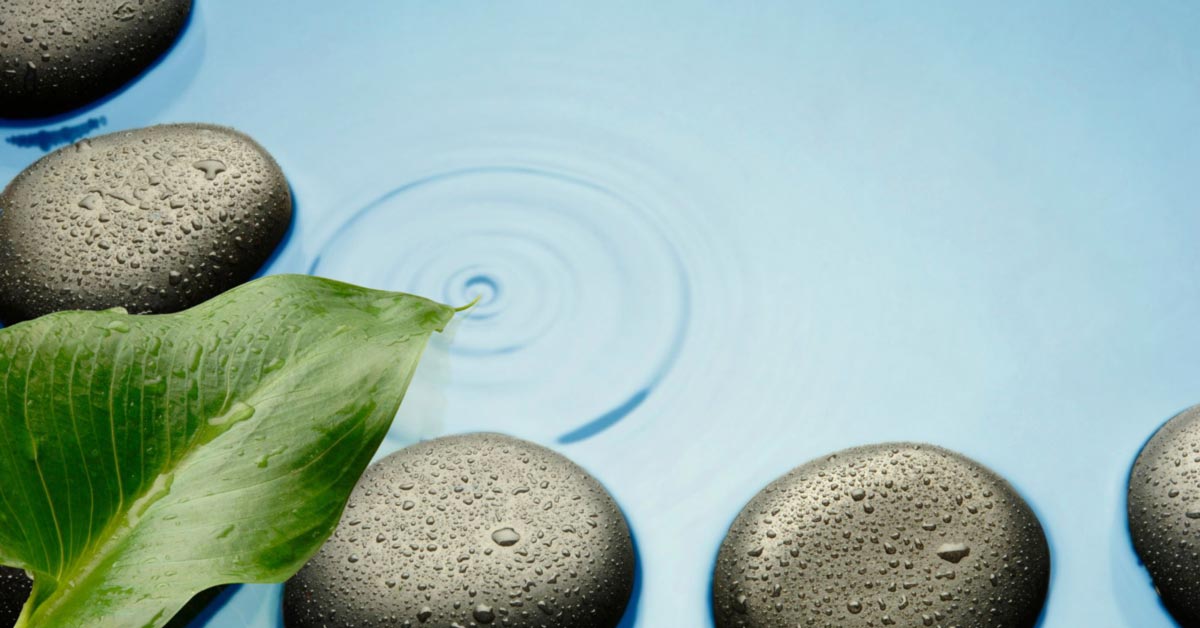
The study of the human body is essential in the study of medicine.
Des Moines University honored 43 individuals, 11 of them honored veterans, who generously donated their bodies to the university’s Body Donor Program to further medical education. The annual Body Donor Remembrance Service took place Saturday, May 6, 2023, in the Olsen Center at 3200 Grand Ave.
Speakers at the service included students representing five DMU degree programs and the military, DMU President and CEO Angela L. Walker Franklin, Ph.D., and Donald Matz, Ph.D., chair of the anatomy department. The DMU Chamber Ensemble and DMU Choir performed several musical pieces.
Tyler Johnson, a graduate of the university’s master of science in anatomy program who now is a first-year student in its doctor of osteopathic medicine program and president of his class, wants donors’ family and friends to know their loved ones are critical to many aspects of medical students’ education and to “the lives of people they have never met.”
“Their loved ones are our first patients in this long journey as future health care workers,” he says.
Body donors “create trust in the power of love,” says Bryana Robinson, a second-year student in DMU’s podiatric medicine program and president of her class.
“To me, the essence of every donor is love. It is the ultimate self-sacrifice to the greater good of educating the world’s future physicians,” she says.
Seth Light began DMU’s master of science in anatomy program during the COVID-19 pandemic shutdown, when many medical students learned anatomy using virtual platforms. While that’s an important tool, it “doesn’t compare” to the experience of working with a donor, he says.
“With the anatomical variation among humans, we know we are not ‘textbook.’ That’s where donors really teach us,” adds Light, now a first-year student in DMU’s physician assistant program and president of his class. “Our donors’ loved ones got to learn from them in life, and we are so grateful that we get to learn from them after their life.”
Students apply what they learn from body donors throughout their schooling and into their careers, says Tasian Arjes, a student in DMU’s master of science in anatomy program.
“Their gift doesn’t end when the class is over, as their gift is a building block that will continue to be watered with more knowledge and experience to continue to grow and be harvested for many years to come,” she says.
Andrew Mannisto, a first-year osteopathic student and a second lieutenant in the U.S. Air Force Reserve, emphasizes the great respect with which students and faculty work with body donors.
“The collaborative and collegial culture here at DMU founds itself in developing professionalism and respect for each other and the patient population that we will one day serve. These ideas are echoed throughout our curriculum but are very apparent in the anatomy lab,” he says. “We have learned so much from our donors, not just about anatomy, but also about being compassionate and caring.”
DMU relies on the voluntary donation of bodies for anatomical and surgical study by its students. Donated bodies are indispensable in the training of future physicians and health professionals. As of May 1, 2023, 3,102 people have donated the ultimate gift to DMU since detailed recordkeeping began in 1955. When an individual donates their remains to the program, DMU reimburses a portion of the transportation costs to assist with the overall fees associated with body donation at the funeral home, provides cremation services for the donor’s family and memorializes the donor at its annual remembrance service.
About the DMU body donor program
“Thanks to the incredibly selfless gift made by these individuals, we are able to uniquely educate and train our students in anatomy, as well as educate students from local schools about how to take care of their bodies,” says Donald Matz, Ph.D., chair of the DMU anatomy department.
Making arrangements before someone’s death is sometimes uncomfortable to discuss, but planning ahead ensures the body donor’s wish will be fulfilled. For more information about DMU’s Body Donor Program, contact Ed Christopherson, F.D., B.S. body donation coordinator of the program, at 515-271-1481 or bodydonor@dmu.edu, or visit the program’s website.
To memorialize donors, during the winter season the program provides each donor family with a snowflake tree ornament, personalized with the donor’s name, year of birth and year of death, expressing the program’s continued empathy and support through the holiday season. A personalized candle also is given to each family following the remembrance service.
“Donating an individual to our program is a humble decision and an indispensable gift to our medical students. The donors understand the importance of education, and this is why many selflessly give their body for medical education,” Christopherson says. “Providing personalized keepsakes are ways to say ‘thank you’ to the donor’s family.”
DMU also provides a graveside service at Chapel Hill Gardens in Des Moines for families who choose to bury their loved ones in the body donor mausoleum space.
“A graveside service is a time of reflection, remembrance and the unfortunate emotions of finality of a death,” Christopherson says.
In addition, donor families of veterans can request to schedule a graveside service at the Iowa Veterans Cemetery in Van Meter through the body donor program office. Veteran donor families also will have the option to receive a United States flag during the military honors portion of the DMU memorial service, as many veteran donor families aren’t provided a flag at the time of their loved one’s passing.

